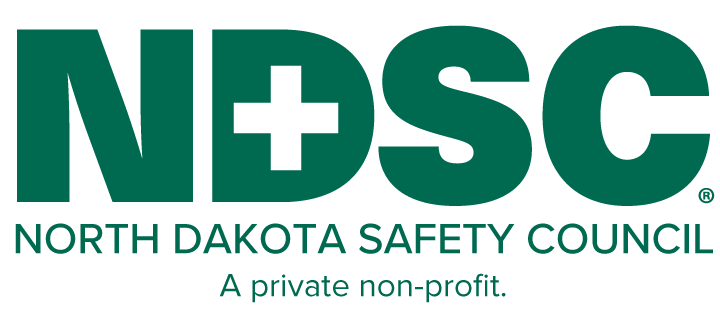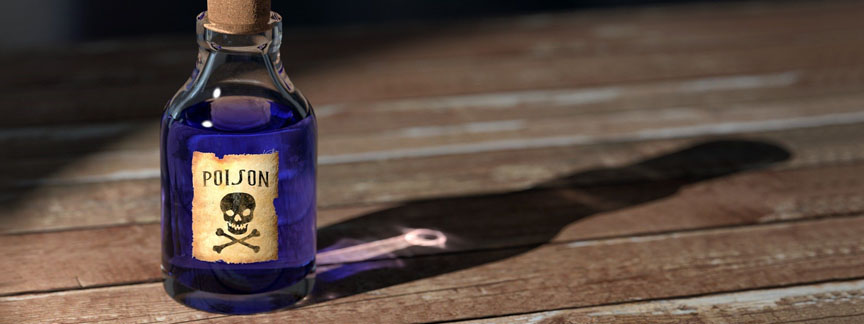National Poisoning Prevention Week
On average a poisoning exposure case is reported every 15 seconds. Poison control centers saw an almost 30% increase in 2020 with more than 1.1 million reports in children under the age of 20.
March 20-26 is National Poisoning Prevention Week.
Poisoning is the fourth leading cause of death for children 19 and younger. Children are the most vulnerable to poisoning especially young kids. 45% of all exposures involve children under 6. Our homes are by far the most frequent place where poisoning happens, with 93% of all human exposures happening in a residence.
North Dakota’s Poison Center is where you can call for poison emergencies. Call 1-800-222-1222, experts are available 24/7.
As we enter spring it’s important to know how to keep your family safe. Yard work and spring cleaning are hazards as the weather warms up here in North Dakota.
Here are a few reminders:
Household Cleaners and other chemicals
- Keep poisons in the containers they came in. Do not use food containers (such as cups or bottles) to store household cleaners and other strong chemicals.
- Store strong chemicals away from food. Many poisonings occur when one product is mistaken for another.
- Read and follow the directions for use of products. Do this BEFORE using the products. Follow the advice carefully.
- Never mix chemicals. Doing so can create a poisonous gas.
- Turn on fans and open windows when using strong chemicals.
- When spraying chemicals, direct spray nozzle away from people and pets.
- Never sniff containers to see what’s inside.
- Discard old or outdated products. First aid advice on containers may be incorrect and outdated.
- Call Poison Help (1-800-222-1222) to double-check first aid information.
- Even in small amounts, windshield wiper fluid is poisonous. If swallowed, it can cause blindness or death to people and pets.
- Strong chemicals can burn the skin. Drain openers, toilet cleaners, rust removers, and oven cleaners can cause such burns.
- Hydrocarbon liquids (liquids made from petroleum) are poisonous. They include gasoline, kerosene, charcoal lighter fluid, paint thinner, baby oil, lamp oil, and furniture polish.
- If hydrocarbons are swallowed, they can easily get into the lungs. Even a small amount can cause breathing problems. The liquid coats the inside of the lungs. That prevents oxygen from entering the bloodstream
Pesticides
- Pesticides (pest killers) can be taken in through the skin or inhaled. Even leather shoes and gloves do not offer full protection. Pesticides can be extremely poisonous. Stay away from areas that have been sprayed until the spray has dried or for at least one hour.
- Wear protective clothing when using bug spray or other spray products. Put on a long-sleeve shirt, long pants, socks, shoes, and gloves. Remove and wash clothing after using chemicals.
- If pesticides are splashed onto the skin, rinse with running water for 15–20 minutes. If pesticide contacts clothing, take off the clothing before rinsing skin.
- Many garden chemicals are poisonous to children and adults. These chemicals can be harmful if swallowed or inhaled
Information from the HRSA, Health Resources & Services Administration




